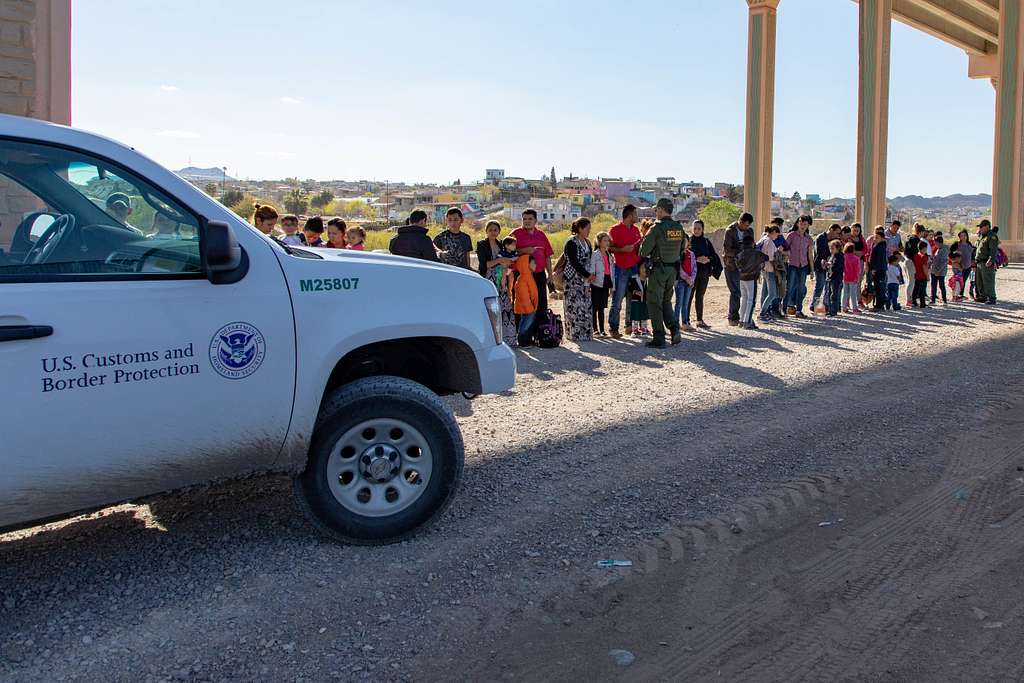
Docket number: 23-16032 (9th Cir.)
On March 21, 2024, HLLI filed an amicus brief with the Ninth Circuit supporting five states, Alabama, Georgia, Kansas, Louisiana, and West Virginia, seeking to intervene in the lawsuit, East Bay Sanctuary v. Biden.
The lawsuit challenges the administration’s Circumvention of Lawful Pathways rule. This rule, which replaces the previous “Remain in Mexico”; policy, restricts asylum claims for immigrants entering the US through countries other than their country of origin.
HLLI’s amicus brief underscores concerns about the apparent collaboration between the government and private litigants to sidestep accountability and push through policy changes that might otherwise face hurdles. This tactic, often called “sue and settle” raises constitutional and policy questions and bypasses the normal political process while allowing the executive branch to evade accountability.
Private parties have challenged Biden’s Rule in federal courts for being restrictive on immigration. Meanwhile, other states have filed lawsuits in different jurisdictions, contesting the rule’s leniency. Until February 2024, the federal government defended the rule but then unexpectedly switched sides last month, aligning with plaintiffs in the private lawsuits alleging the Rule is too strict while continuing to oppose challenges from states suggesting the Rule is too lenient.
This maneuver is especially egregious because East Bay Sanctuary v. Biden was on appeal before the Ninth Circuit, and had already been briefed and argued. Nonetheless, the Court granted the parties’ motion to hold the case in abeyance pending settlement discussions. This prompted Alabama, Georgia, Kansas, Louisiana, and West Virginia to file their motion to intervene to participate in any potential settlement or, in the alternative, lift the abeyance.
Nonetheless, the Court granted the parties motion to hold the case in abeyance pending settlement discussions. This prompted Alabama, Georgia, Kansas, Louisiana, and West Virginia to file their motion to intervene to participate in any potential settlement or, in the alternative, lift the abeyance.
States like the intervenors have borne the brunt of the Biden administration’s failed immigration policies and are rightly concerned that this eleventh-hour maneuver will result in a settlement that makes the problem worse and creates additional burdens for states already stretched because of the massive influx of immigrants. HLLI’s amicus asserts that the States should be allowed to intervene to act as a check on potential collusion between the parties and ensure that there is an appropriate resolution to the case.
On May 22, the Ninth Circuit panel majority denied intervention in a 12-page opinion that garnered a 26-page dissent by Judge Vandyke explaining that denial of intervention prejudices genuine state interests, so ought to have been granted. The plaintiff States have petitioned the Supreme Court for review. On July 29, 2024, HLLI filed an amicus brief in support of the States’ petition for certiorari to the U.S. Supreme Court.
The Ninth Circuit vacated remanded the case to the district court.
Case Documents
| Description | |
| Jul 29, 2024 | AMICUS BRIEF in Support of Petitioners for Writ of Certiorari |
| May 22, 2024 | OPINION of the Ninth Circuit, with Dissent |
| Mar 21, 2024 | MOTION for Leave and AMICUS BRIEF of Hamilton Lincoln Law Institute |
